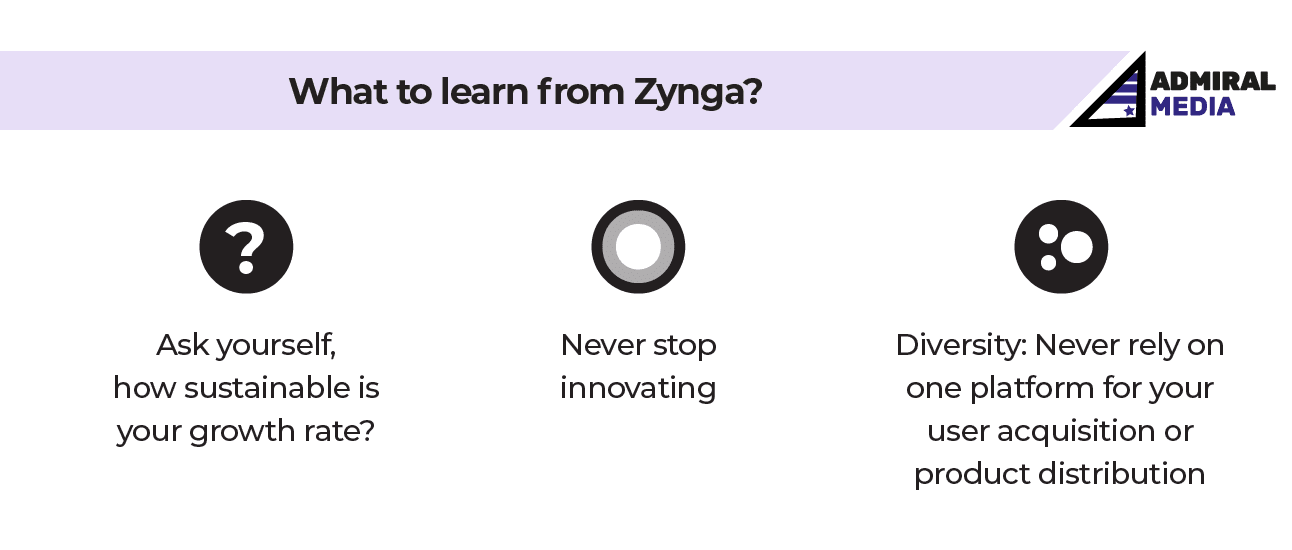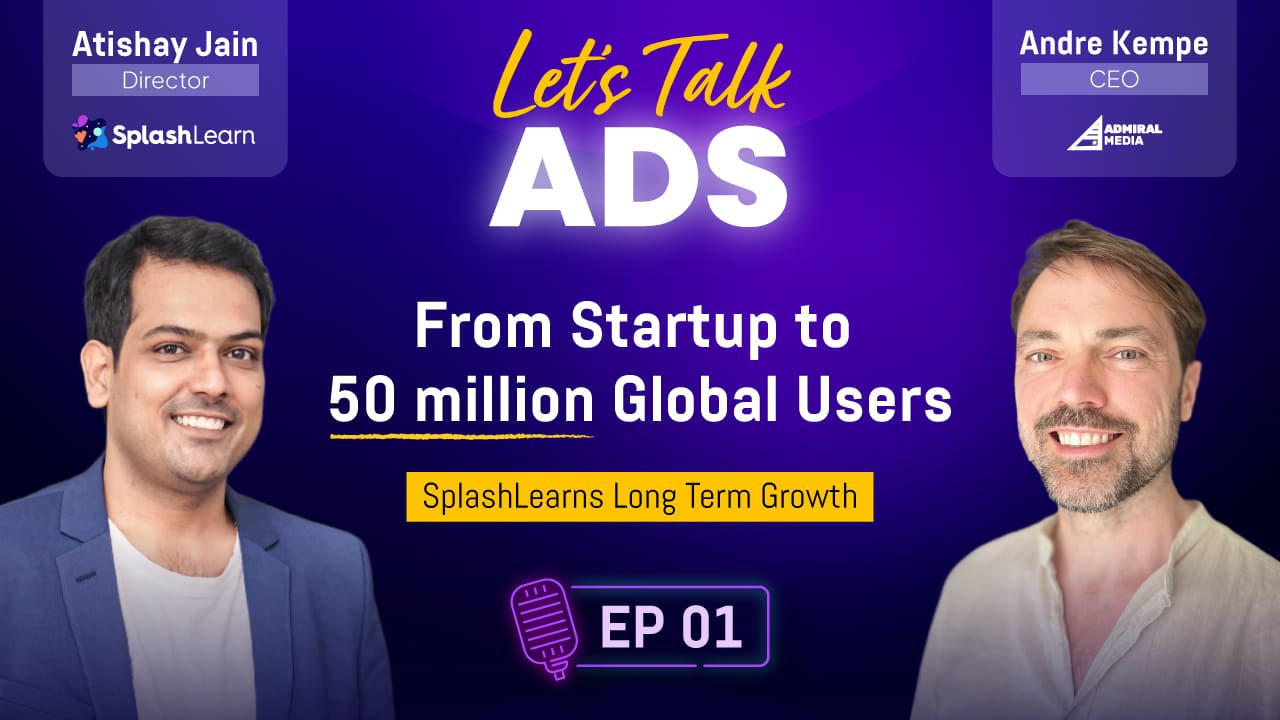Growth is one of the most important parts of any company’s success. The faster your company grows, the more likely you are to be successful. The problem with growth is that it can easily lead to mistakes. Especially if you don’t know what you’re doing. Here, are the top 3 growth fails we learned to avoid:
Table of Contents
Not leveraging automation
Performance marketing automation is at the core of the strategy of almost all successful startups that went from zero to unicorns. Without it, you will struggle to achieve any sort of scale and consistency in your campaigns. Besides that the human error is very expensive. Didn’t you accidentally keep a loser ad live that spent 5k in the last 3 days?
It’s been shown that automation saves marketers a lot of time to focus on the strategy, promotion personalization, and it saves your company a lot of money. Automation is perfect for tasks that are repetitive, predictable, or high volume. Here are a couple of automation ideas you may wanna try;
- Pausing ads that drive expensive results using automated rules in ads managers.
- Upload 50 ads at once to your ad managers using the CSV build upload feature.
- Creating 10 different campaigns for the discount of the season.
- Changing the ad copy for 50 ads at once via CSV bulk edit feature.
- Use dynamic landing page URLs to personalize your ad experience after the click.
Too fast growth
As the old adage goes, too much of a good thing can be bad. Sometimes, we helped brands grow very very fast because founders had an idea and needed to act quickly in order to capitalize on it before someone else does but this strategy doesn’t always pan out in the long run.
Here is a real-life example from Zynga, a social gaming company launched in 2007 which within two years, became Facebook’s most successful app developer. Do you remember Farmville? They developed it.
However, this level of success and growth wasn’t sustainable, they grew very very fast that they couldn’t keep innovating and made wrong decisions to rely solely on Facebook. Later, Facebook perceived their user acquisition methods to be spam, resulting in placing restrictions on their user acquisition rates.
Later, they got hit very hard and in 2013, they began to shut down some of their games, laying off 18% of their staff, and closing their offices in three major US cities. The company still exists today but experts estimate that it will go bankrupt anytime soon. 
No diversification and lack of resources
A diversified user acquisition strategy (or product distribution) is the key to sustainable and successful growth. As a business, you need to position your brand independently and without fully relying on one acquisition channel or business.
Some brands fail to address their diversification needs because they don’t have enough resources or they don’t have a well-trained growth team with enough experience to prepare a suitable roadmap and plan for new marketing experiments or simply don’t ask for help, just “because we don’t work with agencies.”. This is probably one of the worst decisions a business can make.
Either you have no business, say on a new channel which you don’t have the capacity to manage, or you have some business but with an agency. If you choose the right partner you may even superscale very quickly and reach your business goals much faster than you thought just because an external partner looks at your marketing with fresh eyes and comes up with new ideas.
Finding a great agency with a well-trained, experienced team that uses a well-chosen stack of tools to help you get this extra 3% growth that can result in a million new users is the solution to this issue. Otherwise, such a mistake could lead to huge drops in your business growth and you must have experienced that recently with iOS14 changes.
Conclusion
Facebook works very well because they have enough data points and understand how users take actions which makes them display very targeted and relevant ads at the right time. Apple announced that users must consent before any business like Facebook collects such data points. This resulted in huge drops in new user acquisition, slow growth, and some companies shut down.
Another extreme example of platform dependency is Zynga. Just 2 years after their launch, they were rapidly growing but only on Facebook. This overdependence caused them many problems and one of them like we mentioned above was being labeled spam by Facebook. BUT If they had slowed down and taken enough time to push their brand as an independent entity from Facebook and acquire users from different sources, their story would have been very different.
That’s it for this one, like and share & come back for more! Ciao!





